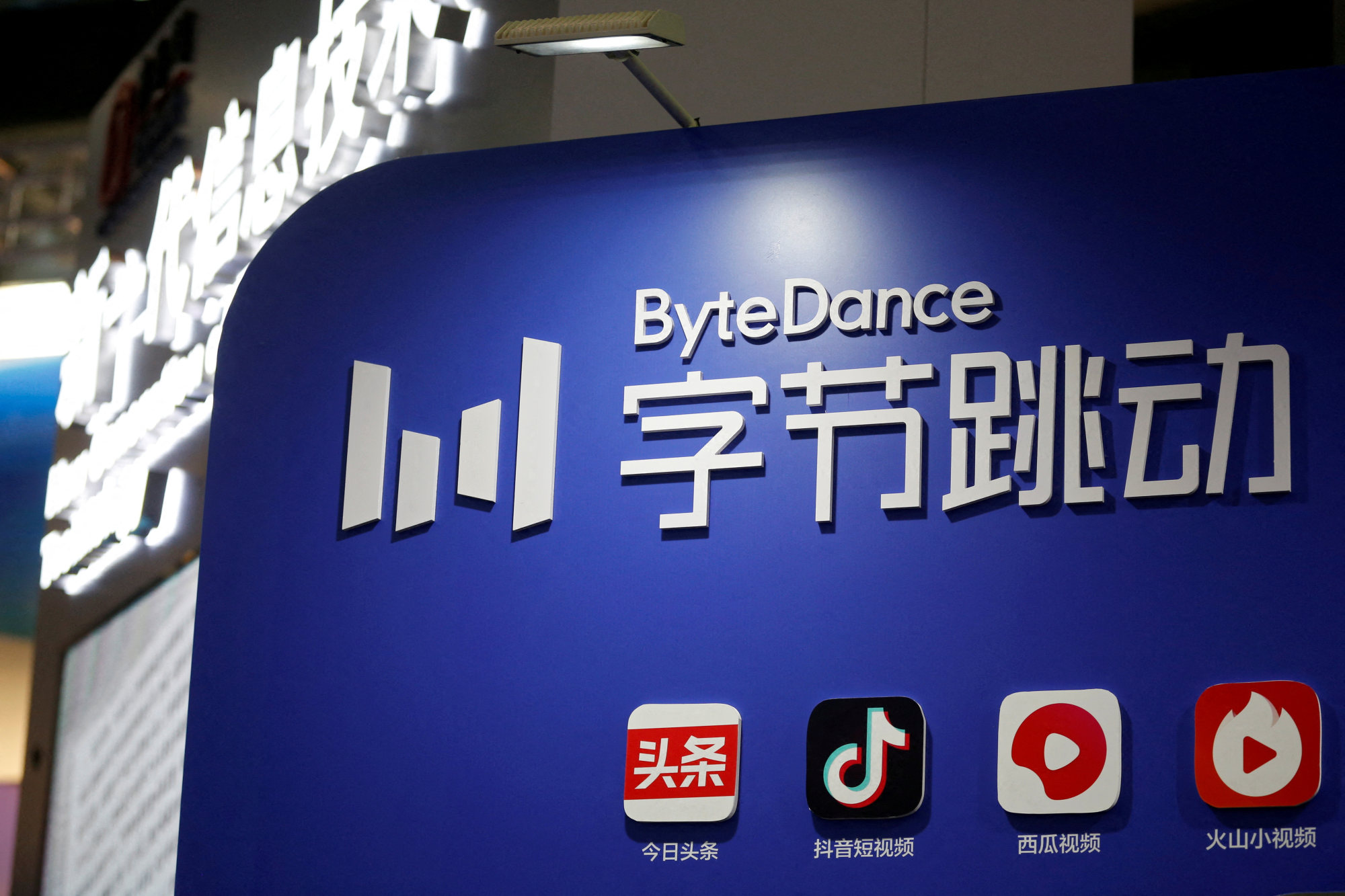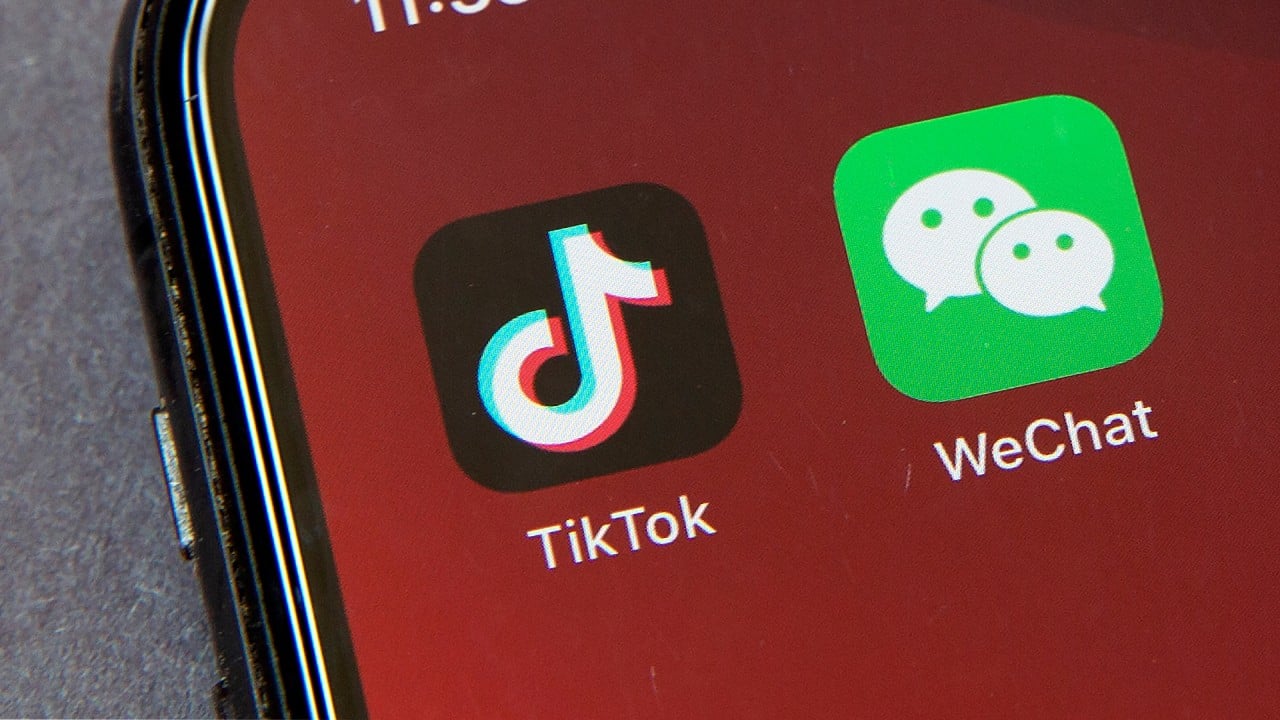
TikTok’s global expansion stumbles as executives leave and concerns flare over data security
- David Ortiz, one of TikTok’s first key hires outside China, says his role has been eliminated amid a larger reorganisation effort
- Regulators and politicians in the US, Australia and Europe have expressed new concerns over TikTok’s data security practices
TikTok, the globally popular short video app owned by China’s ByteDance with over 1 billion users worldwide, is facing fresh challenges in its global expansion push amid the departure of key executives and renewed scrutiny over its data collection practices.
David Ortiz, the New York-based leader of TikTok’s monetisation product, wrote on LinkedIn on Tuesday that his role was “being eliminated in a much larger reorganisation effort”.
Ortiz, an alumnus of cloud-based software company Salesforce and social media firm Snap, joined TikTok in 2020 as one of the Beijing-based company’s first recruits outside China to build international product management and engineering teams.
His post echoed a report on Monday by tech publication Wired that TikTok had alerted some UK and US-based employees about upcoming job cuts. Others in Europe were told to expect meetings with human resources representatives in the coming weeks, according to the report, which cited unnamed sources.
Personnel changes have taken place at the higher levels as well. Last week, TikTok announced that Roland Cloutier would step down as global chief security officer and move to a strategic advisory role in September.
TikTok did not immediately respond to a request for comment, but spokeswoman Anna Sopel told Wired that the company often makes adjustments to its staffing to support its goals. “There are a small number of roles within the operations and marketing teams that shifted in focus – that can’t be called a ‘companywide restructure’.”
The moves come as concerns flared anew about TikTok’s data security practices in key overseas markets.
This week, Australian cybersecurity firm Internet 2.0 accused TikTok of collecting an “excessive” amount of user data. Researchers said the app checks device location at least once an hour, continuously seeks access to contacts even after a user denied previous requests, and maps all installed apps on a device.
In response to a report by the Australian Financial Review about the findings, TikTok said it was “not unique in the amount of information it collects, which is less than many popular mobile apps”.
Australian politicians also questioned TikTok’s protection of overseas user data after the company’s chief executive Chew Shou Zi admitted in an internal email that China-based staff who cleared internal security protocols can access certain information on TikTok’s US users, including public videos and comments, although he said that none of the data was shared with the Chinese government, Bloomberg reported.
In the US, Federal Communications Commission head Brendan Carr openly requested Apple and Google to remove TikTok from their app stores, alleging that the app poses national security risks due to extensive data harvesting.

To address those concerns, TikTok has set up a new division called US Data Security for the purpose of “minimising employee access to US user data and minimising data transfers across regions – including to China”, Michael Beckerman, head of public policy for TikTok Americas, wrote in a statement this month.
This marks a fresh wave of scrutiny on TikTok that began in 2020, when then-US president Donald Trump threatened to ban the app unless its US business was sold to an American company. Trump’s successor Joe Biden has since revoked the executive orders.
TikTok has also repeatedly said that its user data is locally stored, with backups in Singapore. In June, the company said it was starting to move all US data to servers controlled by Oracle.
“We maintain a strong focus on data privacy and security excellence”, Chew wrote on TikTok’s website last week.


